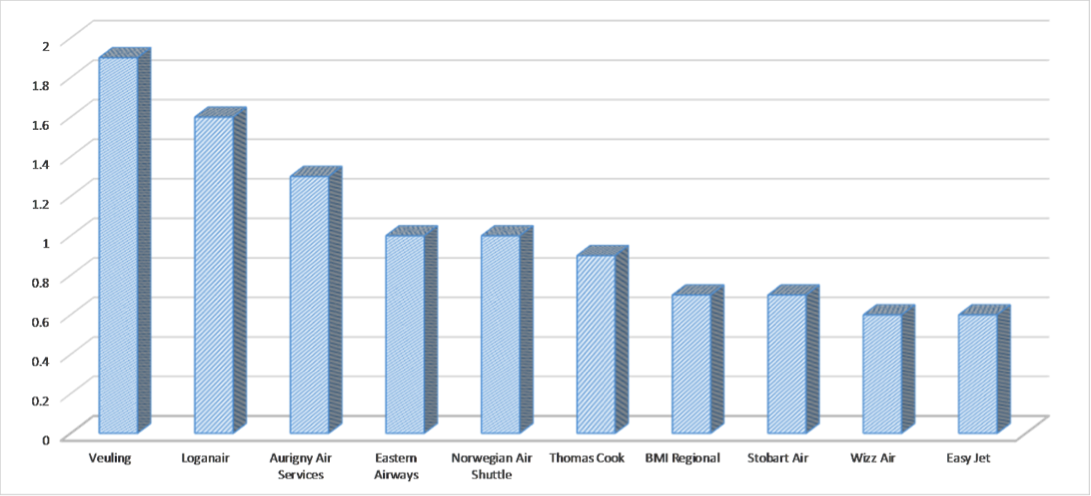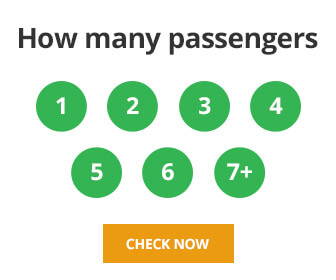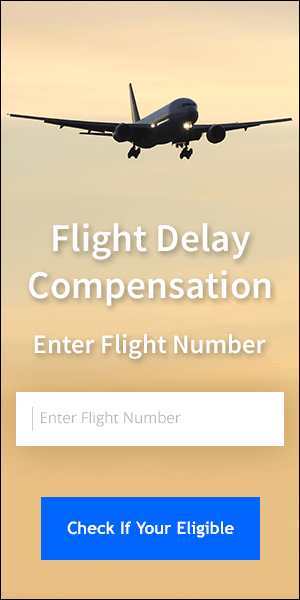
by Nemash Solanki | Nov 8, 2017 | Health & Wellbeing, Uncategorized
A study conducted by Human Nutrition Research Center at the University of Newcastle (UK) states:
“The bottom line is those who were in the personalized diet cohort did better than those in the one-size-fits-all diet group, making us pretty confident personalized diets are the way forward.”
DNA Fitness testing is now easier than ever and can be done from home by sending off a saliva sample and answering a few questions!
Fitness Genes offers a wide variety of test types to anyone in the UK.
What exactly does FitnessGenes do?
FitnessGenes interprets people’s DNA to help them build muscle, burn fat, and lead healthier, longer lives. They have taken an incredibly complex series of processes and made it very simple, easy, and affordable for the consumer.
All the consumer needs to do is send us their saliva sample and then FG extract and analyze their DNA for dozens of genetic variables that influence metabolism, appetite, muscle structure, and performance.
When a customer registers the barcode of their DNA sample on their secure website, they also conduct a thorough lifestyle survey, because these “environmental” factors influence how a person’s genes express themselves (This is called epigenetics).
After a detailed analysis of a customer’s combined DNA and lifestyle data, Fitness Genes provide precise, actionable advice on how that consumer should eat and train to achieve their body composition goals. Furthermore, if the customer desires a more structured diet and exercise program, FG also create goal-specific, genetically tailored weekly plans detailing each day’s workout, caloric load, and macronutrient breakdown.
These have been very popular, particularly with consumers who have previously struggled to either lose weight or build a lean, muscular physique.
With DNA-based fitness analyses, how can consumers be sure that the testing mechanisms and/or results are accurate?
The first part of the question pertains to the DNA testing itself, which is incredibly accurate. The Fitness Genes system uses the only FDA-approved saliva collection kit currently on the market. In addition, The DNA tests happen in duplicate, so every single person who gets tested actually gets tested twice to make sure that their results are consistent and accurate.
In terms of the customer’s DNA results, Fitness Genes utilize three levels of research:
- Peer-reviewed research that relates to the specific SNP (Single-Nucleotide Polymorphism) that they are talking about
- Fitness Genes process of discovery within the algorithmic models that they have created, refined, and tested via rigorous R&D
- Fitness Genes proprietary research in collaboration with the big universities.
So in terms of interpretation of the results, they have a very stringent, peer-reviewed academic research validation process that ensures accuracy.

What is a DNA-based diet, and how popular are these diets right now?
Very simply, generic “diets” simply don’t work for everybody. They have broken it down to an “animal kingdom” example that illustrates the problem rather well.
Let’s say a consumer follows a magazine’s (or website’s or celebrity’s or personal trainer’s) “6 weeks to a 6-pack” or “6 weeks to a bikini body” diet. That diet (and its training plan) may be 100% solid from a health and nutritional perspective. The training plan may also be well-thought out and carefully periodized. However, if 100 people follow this diet and exercise plan, probably only 5% of the user base will achieve the goal. Why will 95% fail? Simply because that generic program was written by a “lion.” All the other “lions” who followed the “lion” training plan achieved their fitness or body composition goal.
But what about the giraffes, the gorillas, or the platypuses? Not much chance of success on the “lion” diet, is there? And it’s not just about simply switching from a “lion plan” to a “platypus plan.” The consumer may have to work around the entire zoo before they find the animal plan that matches their specific genotype. In doing so, how many more times will they fail? And how many failures can they endure before they just give up entirely?
By cutting out the guesswork entirely (such as, informing the consumer on Day 1 that they are a “giraffe” and should “eat leaves from tall trees”), FG eliminate the repetitive failure cycle and put them directly on the road to success. People find this quantifiable, personalized data very empowering. It is far more motivating to know that you are doing the right thing; and that if you continue doing the right thing you, will get results.
If a person were to ask you, “So, if I follow both my FitnessGenes training plan and my DNA-based diet to the letter, is it guaranteed that I will achieve a predetermined result?” how would you respond?
While I wouldn’t go so far as to guarantee a predetermined result (because physical results always vary due to incredibly complex circumstances), I am extraordinarily confident that a “giraffe” will achieve more success “eating the leaves from tall trees” than they will “chasing zebras, unpeeling bananas, or sucking larvae out of the ground.” Therefore, it follows that if a person adheres to a genetically-tailored, goal-specific diet and exercise plan to the letter, they will have a much higher degree of success and a much lower rate of failure than a person who just randomly grabbed a diet and exercise plan “off the shelf.”
Here’s another way to think about it. Let’s say you’re a student and you need to prepare for a history exam. Would you feel more confident walking into an exam room knowing only that you will be tested on “U.S. History”, or if you knew in advance that the test topic was “Compare/Contrast U.S.-Russian relations in the Reagan vs. Obama Presidencies?” In which scenario would you predict a better outcome for the student?

How prevalent will these “designer” diets and workout plans become over the next five to ten years?
Five years ago, these kinds of personalized diets and workouts were the preserve of professional or elite athletes only. Five years from now, they will become the “new normal.”
With all of the advances in wearables and increased availability of biological data that is making personalized wellness and precision healthcare possible; the apps and tests that fuel the quantified self and biohacking movements; and the reduction in costs that make this level of specialization increasingly available and affordable, why would anyone settle for “generic” when they can get “precise?” Why would you settle for an exercise plan that did not play to your strengths, or for a diet that stuffed you with the incorrect foods?
So where can you get started?
Click here to receive a free Ebook to learn more for when you do decide to start your DNA Fitness Journey.

by Alex Cumberland | Nov 30, 2016 | Uncategorized
-
- Between April 2015 and March 2016, consumer group Which? estimates that 183,000 long haul and 729,000 short haul passengers were eligible for flight delay compensation.
- “We know that tens of thousands of passengers on late-running flights aren’t claiming the compensation they’re due” says Alex Neill, Which? director of policy and campaigns.
- Flight delay compensation experts, Flight Refunds, encourage passengers to “get in the know” right now.
The worst performing short-haul airlines according to Which? measured by percentage of flights delayed 3 hours or more
Consumer body Which? unveiled research showing that, between April 2015 and March 2016, 449,000 flights out of 1.9m failed to arrive on time. Director of policy and campaigns Alex Neill told the Telegraph, “arriving at the airport to discover your flight has been delayed is incredibly frustrating, and something thousands of holidaymakers will encounter”.
Under EC 261/2004, passengers are entitled to claim up to €600 flight delay compensation if their flight is delayed by 3 hours or more. Despite being law, many passengers are finding it difficult to claim the flight delay compensation from their airline that they are entitled to.
So, what is the law? If your flight has been delayed for more than two hours, the airline must provide you with food and drinks, access to phone calls, emails & telex services, and, if you’re delayed overnight, accommodation and the cost of the journeys to and from where you were put up for the night. Normally, the airline will give you vouchers for these at the airport. If no help is forthcoming, ask an airline representative. You can only claim for reasonable expenses so there’ll be no high-priced meals or alcoholic drinks you’ll be reimbursed for.
If the delay is 3 hours or more, you’re entitled, in most cases, to flight delay compensation. You won’t get flight delay compensation if the delay is caused by bad weather or a strike. The amount of flight delay compensation you receive depends on both the length of the delay and the distance of the flight.
What about longer than 5 hours? You don’t have to take the delayed flight anymore however if you do take the flight, you can still claim up to €600 flight delay compensation if the delay is the airline’s fault.
Flight delay compensation experts, Flight Refund, have launched an online flight delay compensation tool you can use to check if there’s a good chance for a successful claim – click here.
Check if you’re eligible now:
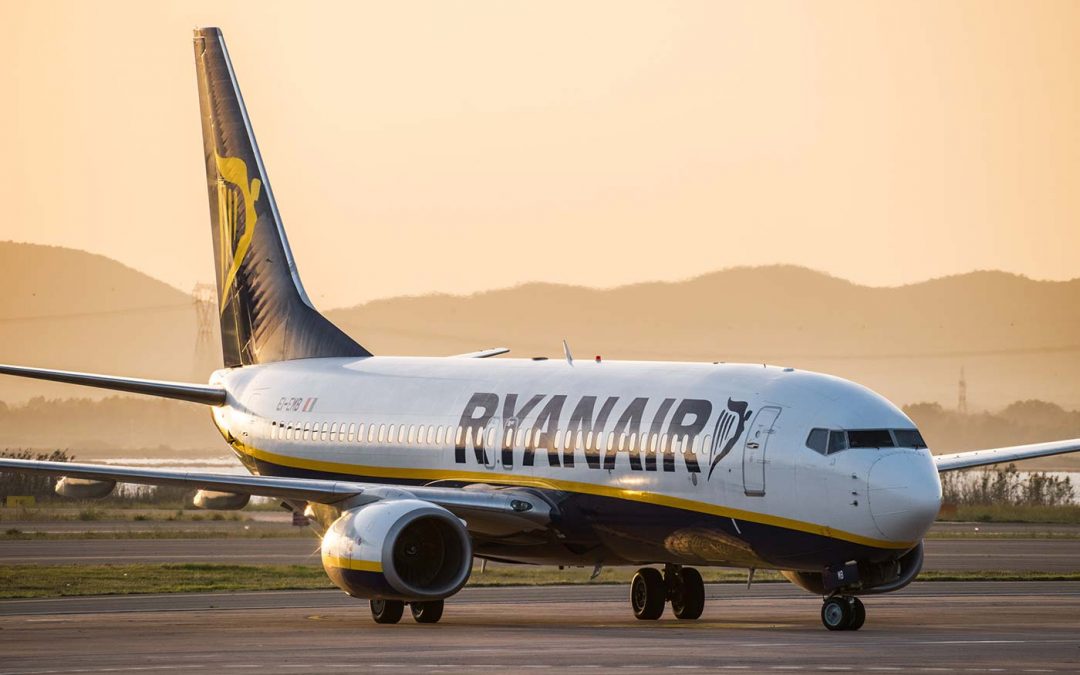
by Nemash Solanki | Nov 28, 2016 | Uncategorized
- Under EU law, passengers are able to claim up to €600 flight delay compensation if their flight is delayed by more than 3 hours
- Ryanair CEO Michael O’Leary once ranted “There’s no legislation designed that says any airline getting a fare of 30 euro should be reimbursing passengers many thousands of euro for hotel accommodation. It’s absurd.”
- Now, Ryanair is accused of ‘illegally restricting passengers’ compensation claims with its latest change in terms and conditions
- Tactics dismissed as “bully-boy” by leading flight refund claim service provider
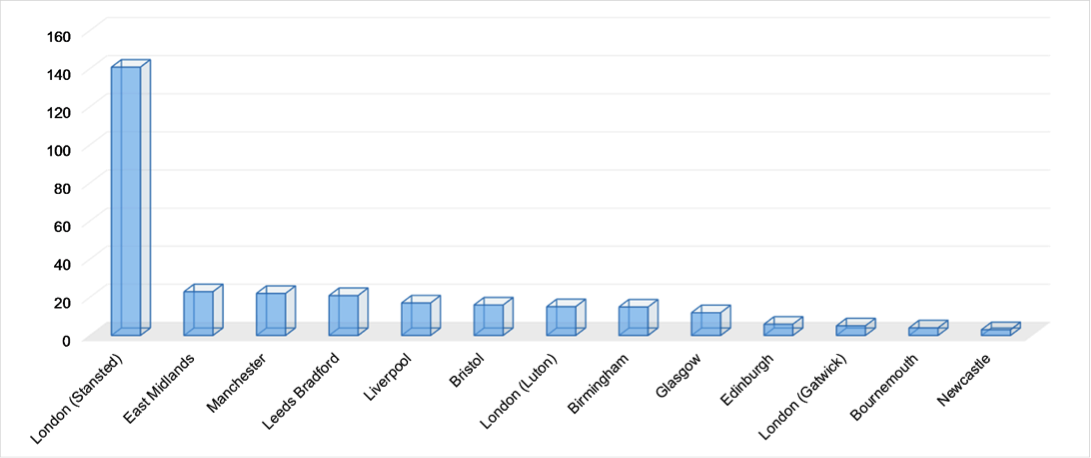
RyanAir’s record of shame – number of flights more than 3 hrs late arriving at British airports, January to March 2016 (3)
A leading delayed flight compensation handling company, Flight Refunds, has joined a chorus of disapproval from consumer advocate groups about Ryanair’s latest change to its terms and conditions, branding the move “without any legal merit”. This is after another Ryanair attempt to ignore the law was thrown out of court in 2015.
Consumer rights advocates are crying foul because of this amended term – ‘Ryanair will not process claims submitted by a third party if the passenger concerned has not submitted the claim directly to Ryanair and allowed Ryanair time to respond.’ (1)
Flight delay compensation claims are allowed under EU Regulation 261/2004 which came into effect in February 2005. The law applies to flights departing from the EU or where the flight is operated by an EU-registered airline. It covers cases of denied boarding, flight cancellations and flight delays. (2)
Under the rules, a passenger can claim flight delay compensation if there was a delay of three or more hours where the delay was caused by the airline. Flight delay compensation does not have to be paid out in extraordinary circumstances, like French air traffic control strikes or inclement weather.
Ryanair’s controversial moves come after the publication of punctuality statistics for its flights from UK airports between January and March 2016. There were nearly 300 cases of flights being delayed by 3 or more hours. (3).
“Don’t let these bully-boy tactics scare you”, stated Flight Refunds’ head of press relations. “They’re one of the largest airlines in the world but that didn’t stop them being 3 or more hours late on 300 flights last year”.
“This is like saying we won’t deal with you if you use a trained solicitor. They’re only saying this because flight delay compensation claims handler like Flight Refunds more often than not tie their legal team up in knots.”
Click here to see if there are grounds for you to claim up to €600 for a flight delay you experienced with Flight Refund’s online flight delay compensation checker.
SOURCES
- https://www.ryanair.com/gb/en/useful-info/help-centre/terms-and-conditions/termsandconditionsar_197583062
- https://en.wikipedia.org/wiki/Regulation_261/2004
- http://www.flightontime.info/loco/airlines/ryr16.html
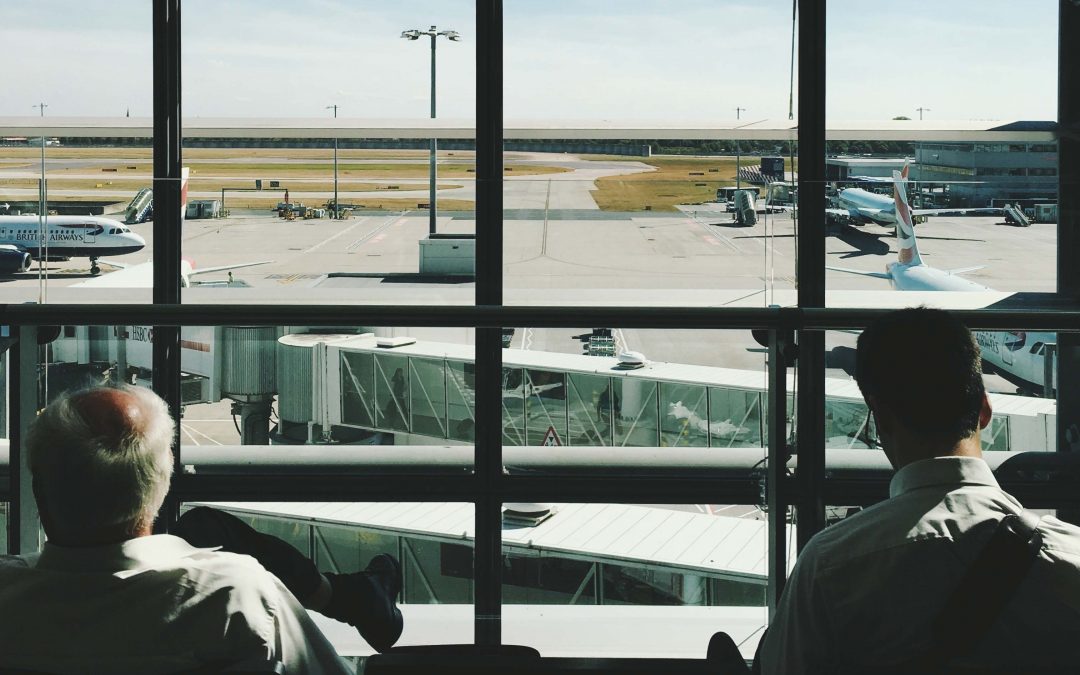
by Luke Anderson | Nov 28, 2016 | Uncategorized
- Passengers are allowed to claim up to €600 compensation when their flight is delayed
- Airlines are allowed to refuse to pay under “exceptional circumstances”, such as an air traffic control strike or weather conditions that are unsafe to fly
- Finnair tried to use this excuse when a flight was cancelled because of excessive staff illness
Finnair may be rated as one of the world’s top 10 airlines (1) but it has found itself caught up in a media storm over refusing to pay passengers flight delay compensation when it cancelled one of its services due to “excessive staff illness”.
Despite the fact that the airline was “ranked best for efficiency and punctuality” (1) in the world, this doesn’t mean it can shirk its legal obligations to compensate passengers for flight delays or cancellations.
Writing to the Guardian’s consumer rights expert, Anna Tims, a passenger from Hove, East Sussex, stated that “(a)fter two hours at Helsinki, we were told the Finnair flight was cancelled due to pilot sickness. I was rerouted, but this flight, too, was delayed and I arrived more than 20 hours late, missing my internal flight and the celebrations.” (2)
“Risto”, writing to travel blog LoyaltyLobby, reported that “(t)he day before the flight I received an email from Finnair stating that the morning flight was cancelled.” (3)
Aviation law specialist, Kevin Clarke, writing in the Guardian stated that “Finnair is essentially arguing that staff falling ill is not part and parcel of running the airline. This does not stand up to scrutiny; in any industry it is inevitable that employees will fall unexpectedly ill at some point.” (2)
According to LoyaltyLobby’s John Ollila, the airline may have a superb reputation for efficiency but “Finnair is known for not playing fair when it comes to these EC 261/2004 claims and deny them left and right.” (3)
News of Finnair’s behaviour comes at a time when many airlines are refusing to comply with EU law. Under EU Regulation 261/2004, passengers can claim up to €600 in flight delay compensation if the flight is 3 or more hours late. (4)
Flight delay compensation management firms are renowned for dealing with stubborn airlines refusing to pay out. One such firm, Flight Refunds, has just launched on online flight delay refund checker service which helps consumers determine whether they have a claim. Click here to take the test for yourself.
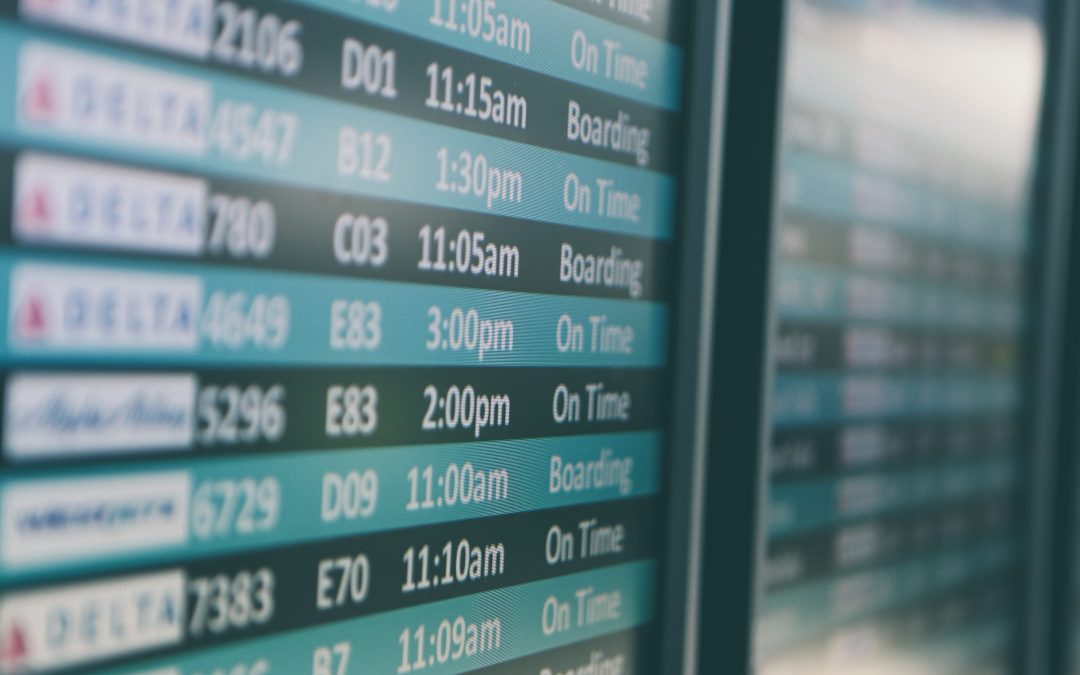
by Alex Cumberland | Nov 28, 2016 | Uncategorized
- 685 flights with delays of 3 hours or more were reported by UK airports in 2015
- An eye-watering 29% of those delays occurred at Gatwick Airport, totaling 198
- Passengers can claim up to €600 flight delay compensation is their flight is three or more hours later
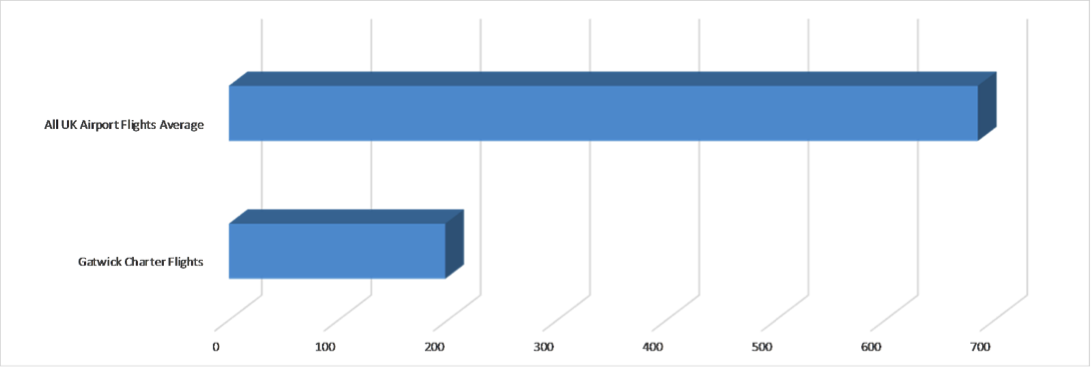
Flight Refunds, a leading UK-based flight delay compensation claim service, conducted an investigation into Gatwick Airport (1) after a BBC report (2) into passengers’ flight delay misery singled out the airport as the worst offender.
Speaking to the BBC, a spokeswoman for Gatwick said that they “regret any delays our passengers experience however several incidents beyond Gatwick’s control influenced the airport’s performance during this period, including numerous air traffic control strikes across European airspace, impacting the airport’s whole flight schedule including our long haul routes. Gatwick has more flights to Europe than any UK airport and can therefore be impacted disproportionately by events on the continent.”
Flight Refunds works on behalf of consumers who have experienced a delay of 3 or more hours for a flight or a cancellation. Under EC 261/2004, passengers are entitled to claim up to €600 flight delay compensation for this inconvenience unless the delay is caused by exceptional circumstances. (3)
A spokesperson for Flight Refunds stated that “as the skies over Europe and particularly the UK become more crowded and security is increased at airports, long flight delays are stubbornly showing no real sign of going away. Year after year, the bill to the airlines for flight delay compensation claims seems to climb higher. As it does, the airlines are getting meaner and meaner about making flight delay compensation payouts.”
Consumer groups have already raised the alarm about a growing tendency to avoid paying out flight delay compensation, a legal requirement for all EU airlines and airlines departing from the EU. Ryanair and Finnair have recently been singled out in the mainstream press with scathing articles about the way they handle the passengers who have suffered a delay of more than 3 hours to their flights or a cancellation.
Flight Refunds have launched an online flight delay compensation checker to help passengers find out if they’re eligible for flight delay compensation. Try it for yourself by clicking here.







